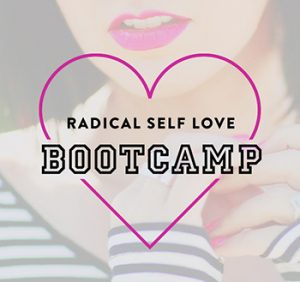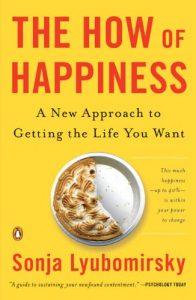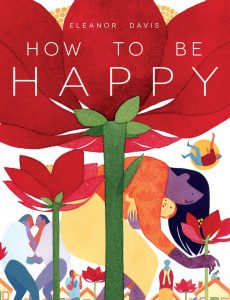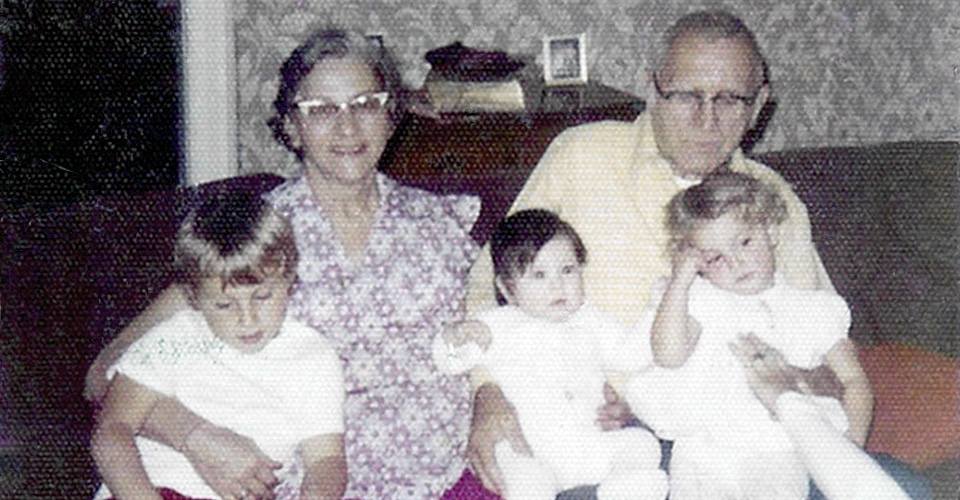Dear Internet,
There are two main reasons I’m locked in my turret of sorts,
- Write
- Figure out what I want from life
The first goal is easy as I’ve been writing every day; the second one, not so much. As someone whose been deeply unhappy for most of her life, trying to find happiness is akin to suddenly becoming a super model. But being happy is definitely an attainable goal (Elite, call me!), but how do you do it?
I decided to research this as much as I could and apply the techniques I found useful without judgement. I had to get over my cynicism that happy people were frauds, shamans to swill their products. I wasn’t looking for a magic elixir, but there must be something that fit me, that I felt comfortable with, and could apply to my everyday life.

I’ve been following Gala Darling’s blog for a few years now; and was always curious about how she managed to have this amazing life she was sharing with the interwebs while remaining classy at the same time. Sure, there is a lot of woo-woo involved, but the one thing that hooked me into wanting to do her bootcamp, and it pleased the librarian in me, she provided sources for all of her claims. That was huge influence in pulling the trigger and moving forward with the project.
So what is Radical Self Love Bootcamp exactly? It’s a six week intensive course where three times a week she provides an essay on the theme of the week, worksheets to make that theme a habit (or to break that habit), and an interview with someone related to that theme. Because she provides sources for all of her claims, I was able to research further into what she was presenting.
I’m a bit behind in the classes, but the nice thing is I can do this at my own leisure. Additionally, much of what she’s purporting is stuff I already knew I should be doing but haven’t. Things like meditating daily, creating weekly and daily goals, doing positive affirmations. It’s all about retraining the brain, something we’ve discussed in my DBT classes. It’s about self-care, something I’m a huge fan of, and something I need to make happen.

The How of Happiness, by Sonja Lyubomirsky, was one of the titles mentioned by Darling. It provides a scientific approach to happiness and was to promote how you could change your life, aka be happy, by using scientific proven methods. Lyubomirsky has a doctorate from Harvard, and provides qualitative and quantitative research results, so this isn’t all woo-woo. Her approach is that happiness is a 40/10/50 split, which she calls the 40% solution. 50% of our happiness is set (namely environment and genetics), 10% by circumstance, 40% by intentional activity. So is it possible to change your life and happiness structure? Lyubomirsky thinks so. She provides several questionnaires used in the studies to gauge how someone is feeling and then based upon some mathematical equations, you are to work on the top matching activities. Thus, by practicing said actitives, you’re changing your 40% to make you happier.
As this book was recommended by Darling, there is a lot of overlap (Darling modifies the questionnaire and just asks you to choose what you want to work on rather than have you do some complicated maths bullshit). The book, however, I found to be a science-y version of stuff I’ve known for years – great, science has proven that happiness is attainable by using the techniques found in the 40% solution. But the problem I have with this book is that Lyubomirsky thinly veils that deprssed people can simply change their lives by following this technique. Oh she gives the standard, “Consult a clinician before starting this or any other activities, this is not medical advice, etc” but! BUT, she makes the claim that clinically depressed people were able to pull out of their depression by following her techniques. People who are clinically depressed have a chemical imbalance, you can’t woo-woo your way out of it by doing a self-affirmation every day; that’s like someone having cancer can cure it by eating chocolate. With that, I stopped reading.

Another book I found, How To Be Happy, is not actually a book on being happy, but a graphic novel about various vignettes of what could and could not be happiness. At a 149 pages, the art work is varied and persuasive. There is very little dialogue, but that doesn’t detract from the stories. For the art work and concept alone, this book is definitely checking out.
The techniques I’ve culled from my reading so far are:
- Saying positive affirmations
- Building a daily routine/rituals
- Meditation
- Building a daily/weekly ToDo list
- Journaling every day
As par usual, I’ll keep everyone updated.
xoxo,
Lisa
P.S. I discovered last night that my little book is #82 in Books > Computers & Technology > Business & Management > Biographies. Huzzah!
